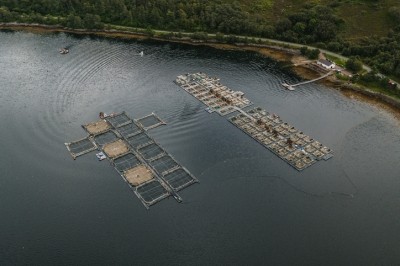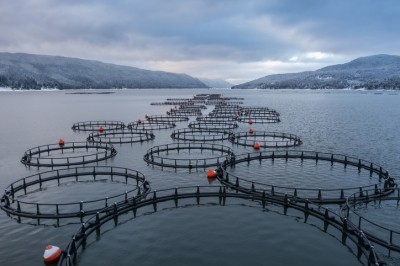IFFO joins GFLI: ‘Its LCA approach allows cross-sectoral comparisons across numerous feed materials’

According to IFFO technical director, Dr Brett Glencross, becoming a GFLI member allows IFFO to benefit from being a contributor to the GFLI database, which covers a broad range of environmental impact data of feed products from cradle-to-processing gate. “It provides a useful source of data on numerous ingredients (962 products, not only fish products) assembled on a comparable basis and taking into account a variety of environmental impact categories, such as global warming potential, marine ecotoxicity, ozone depletion potential, consumptive water use, and land use, among others.”
Through a comprehensive assessment of the full global impact of food-production, the GFLI LCA approach ensures incomplete sustainability accounting is avoided, he explained.
The marine ingredients sector has been contributing to transparency on sustainability metrics through the various works it has commissioned over time regarding impact, effectiveness, and value of the use of marine ingredients, said Dr Glencross. However, the industry is now moving from single metrics to a more holistic and comprehensive measurement based on LCA analyses, he stressed.
The IFFO had recently championed the use of the economic Fish in: Fish out ratio (eFIFO) as a sustainability metric, outlining how the model takes an economic allocation approach, incorporating the nutritional value of the ingredients and changing balance in values between fishmeal and fish oil over time.
When asked whether that metric is aligned with the GFLI LCA approach, he told us:
“The eFIFO metric is relevant in so far as it allows the partitioning of resource use based on an economic allocation approach. This places greater importance than previous metrics on those ingredients with a proportionally greater value relative to their mass-allocation, and increases the transparency on the positive role the use of by-products is playing.
“That metric is aligned with the agreed standards used in feed sustainability assessment proposed by the GFLI: which has three allocation options: economic, mass, and energy allocation, but promotes preference for economic allocation. However, its main limitation lies in its application to one sector, whereas the GFLI’s LCA approach allows cross-sectoral comparisons across numerous feed materials.”














